Lenvakast 10mg Capsule
Lenvatinib
₹9,585.00
Uses of Lenvakast 10mg Capsule
Lenvakast 10mg Capsule is indicated to treat the following conditions:
- Certain types of advanced thyroid cancer
- Advanced Liver cancer
- Certain types of kidney cancer
- Endometrial cancer
Out of stock
Introduction to Lenvakast 10mg Capsule
Lenvakast 10mg Capsule is composed of the active ingredient Lenvatinib. It is a tyrosine kinase inhibitor indicated for progressive or advanced thyroid cancer when radioactive iodine therapy is not beneficial. It is also used to treat previously untreated liver cancer patients who are not eligible for surgical treatment.
Anaplastic Thyroid Carcinoma (Advanced thyroid cancer) usually occurs in patients above 60 years of age. It is characterized by an enlarged and hard thyroid gland and hoarseness in the voice due to paralysis of the nerve in the voice box. Hepatocellular carcinoma (liver cancer) develops due to preexisting liver conditions such as cirrhosis or chronic hepatitis B infection. Patients who have had an allergic reaction to lenvatinib or any of its components should not take this medication. Patients should inform their dentist or oral surgeon that they are taking Lenvakast 10mg Capsule, as it can impair wound healing and increase the risk of bleeding.
Therapeutic Effects of Lenvakast 10mg Capsule
Lenvakast 10mg Capsule blocks the enzyme receptor tyrosine kinases (RTKs). RTKs develop new blood vessels that supply oxygen and nutrients to the cells and help them grow. This medicine inhibits the receptors that facilitate the growth of blood vessels in tumor cells. RTKs are present in high concentrations in cancer cells, and administration of this medicine slows down the rate of cancer cells’ growth and multiplication.
Interaction of Lenvakast 10mg Capsule with other drugs
Inform your healthcare provider about all the medicines you take, including prescription medications, over-the-counter medications, nutritional or vitamin supplements, and herbal products. Certain medications may interact with Lenvakast 10mg Capsule and reduce effectiveness by causing undesirable side effects.
More Information about Lenvakast 10mg Capsule
- Lenvakast 10mg Capsule should be stored at room temperature, between 20°C to 25°C (68°F to 77°F).
- Protected from light.
- Keep it in its original packaging until it is ready to be used.
How to consume Lenvakast 10mg Capsule
Lenvakast 10mg Capsule is an oral medication that is usually taken once a day, at approximately the same time each day, with or without food. It should be taken as prescribed by a doctor or other healthcare provider. These capsules should be swallowed whole with a glass of water. They should not be crushed, chewed, or opened, as this can affect the way the medication is absorbed and decrease its effectiveness. You should not take a double dose to make up the second dose.
Safety Advices for Lenvakast Capsule
Pregnancy
Unsafe
Lenvakast Capsule is unsafe during pregnancy as it can cause fetal harm. It is recommended to avoid this medication during pregnancy.
Breast Feeding
Unsafe
Breastfeeding is not recommended while taking Lenvakast Capsule, as it can potentially harm the nursing infant.
Lungs
Consult your doctor
Lenvakast Capsule can cause side effects that affect the lungs, such as cough, shortness of breath, and difficulty breathing. If a person experiences any of these symptoms while taking it, they should notify their healthcare provider right away.
Liver
Consult your doctor
Lenvakast Capsule is primarily metabolized in the liver, so inform your healthcare provider if you have any liver problems or diseases. This medication may also increase liver enzymes, which can be a sign of liver damage or inflammation. Patients taking this medication require regular blood tests to monitor liver function monitored.
Alcohol
Unsafe
It is recommended to avoid consuming alcohol while taking Lenvakast Capsule, as alcohol can increase the risk of certain side effects associated with the medication, such as stomach ulcers or gastrointestinal bleeding.
Driving
Unsafe
Patients receiving Lenvakast Capsule should be advised to avoid driving or operating machinery if they experience side effects such as fatigue, dizziness, or blurred vision, impairing a patient’s ability to drive or operate machinery safely.
Side Effects of Lenvakast Capsule
Like all medications, Lenvakast Capsule can cause side effects, although not everyone who takes it will experience them.
Serious
- Feeling numb or weak on 1 side of the body
- Severe headache
- Fever
- Confusion
- Difficulty speaking
- Vision changes
- Dizziness
- Chest pain or pressure
- Pain in arms, jaw, neck, back
- Breathing problems
- Severe stomach pain
- Blood clot formation
- Blood in stools or coughing blood
- Liver problems
- Pain or soreness in mouth, teeth or jaw
Common
- High or low BP
- Loss of appetite
- Nausea, vomiting, constipation, diarrhea or indigestion
- Tiredness
- Hoarse voice
- Leg swelling
- Rashes
- Pain in joints or muscles
- Hair loss
- Sleeplessness
- Protein in urine, frequent urination
- Low potassium, magnesium and calcium levels in the blood
- Dehydration
- Skin problems
- Gall bladder inflammation
- Increase in the values of cholesterol, thyroid-stimulating hormone, digestive enzymes
- Delayed wound healing















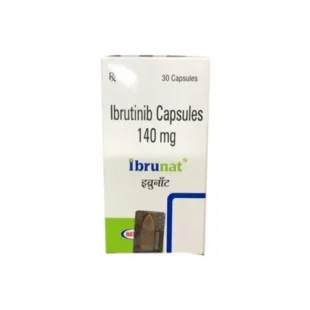
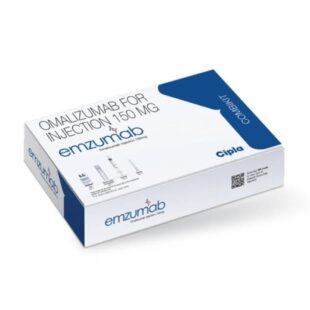
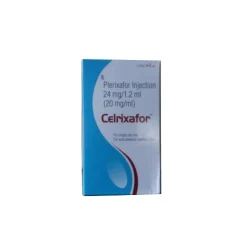

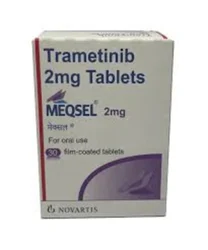


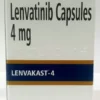

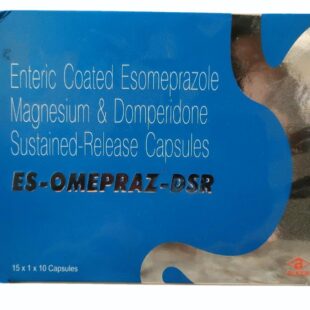

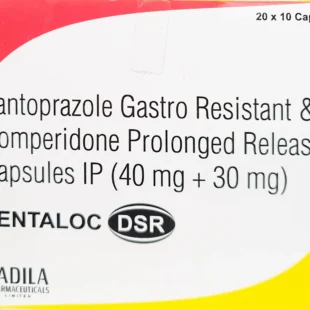

Reviews
There are no reviews yet.